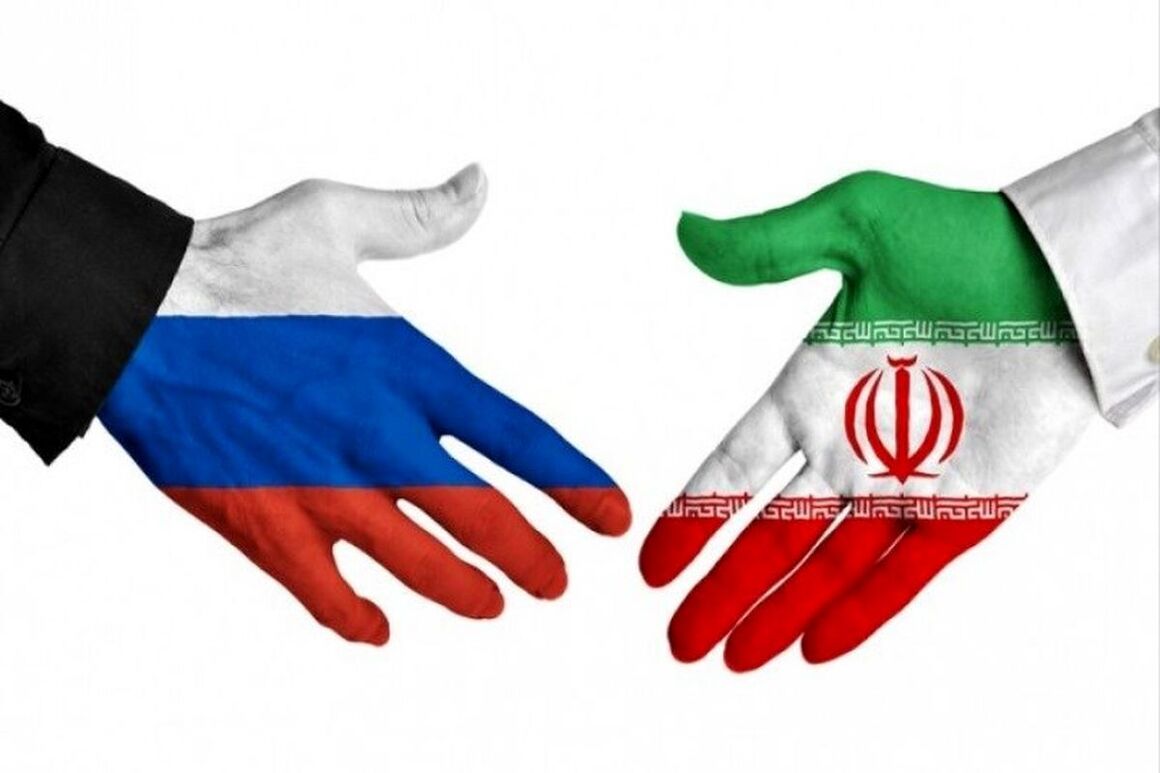Shared gas reserves, global energy markets
Iran and Russia, holding the world’s largest natural gas reserves, have significant opportunities in global energy markets. Combined, they control over 37% of the world’s gas reserves. Russia leads with 35 trillion cubic meters (19% of global reserves), while Iran follows with 33 trillion cubic meters (17.1%).
Their relationship has seen both cooperation and competition, particularly as major oil and gas producers. However, Tehran and Moscow have increasingly aligned under high-level political support, collaborating across economic and political spheres. The Joint Economic Commission remains a key platform for deepening ties.
Growth through 17 joint sessions
The commission began in December 1996 in Moscow, focusing on energy, transportation, and economic relations. Subsequent meetings expanded cooperation into new areas:
- Second session (February 1998): Broadened bilateral collaboration.
- Third session (October 2000, Moscow): Added cultural cooperation.
- Fourth session (April 2003): Centered on Christian-Islamic dialogue.
- Fifth session (December 2004): Emphasized industrial and energy partnerships.
Later meetings further solidified economic ties:
- Sixth session (December 2006, Tehran): Prioritized trade expansion.
- Eighth session (December 2009): Produced a 120-article cooperation agreement.
- Tenth session (February 2013): Focused on energy and banking.
- Sixteenth session (November 2022, Moscow): Marked a turning point with multiple memorandums.
- Seventeenth session (February 2024, Tehran): Highlighted LNG and petrochemical development.
Looking ahead: 18th session and beyond
The 18th session is scheduled for late April 2024 in Moscow, aiming to expand energy, trade, and banking cooperation. Technical meetings will precede high-level talks, culminating in a memorandum signed by Iran’s oil minister and Russia’s energy minister.
Recent agreements, including the Comprehensive Strategic Partnership Treaty (January 2025) and the Iran-Eurasian Economic Union Free Trade Agreement (February 2025), have further strengthened bilateral relations. Key discussion areas include:
- Energy, trade, and finance
- Transportation, logistics, and customs
- Industry, mining, agriculture, health, and tourism
- Science and technology
Cooperation amid western sanctions
With Russia facing European and U.S. sanctions, collaboration with Iran offers mutual benefits:
- For Iran: Access to advanced technology, investment, and reduced oil dependency.
- For Russia: Entry into new oil and gas markets.
Dmitry Kislov, an energy expert at Russia’s Energy Research Institute, noted that a Russia-Iran gas swap deal—supplying gas via former Soviet states to Iran and onward to gas-needy countries—could be profitable for all parties. However, challenges include:
- Lack of infrastructure for gas transit.
- Potential Western opposition, viewing the plan as a sanctions-evasion tactic.
Story of resilience
From its first session to the upcoming 18th, the Iran-Russia Joint Economic Commission has been a testament to perseverance amid geopolitical challenges. This partnership continues to evolve, with new chapters yet to be written.


Your Comment